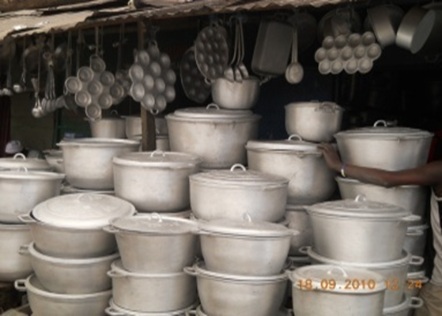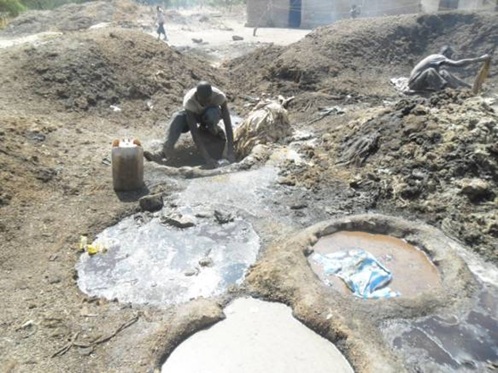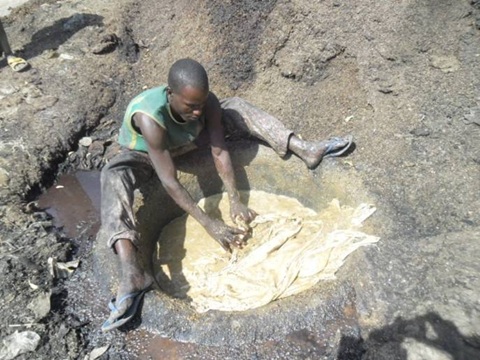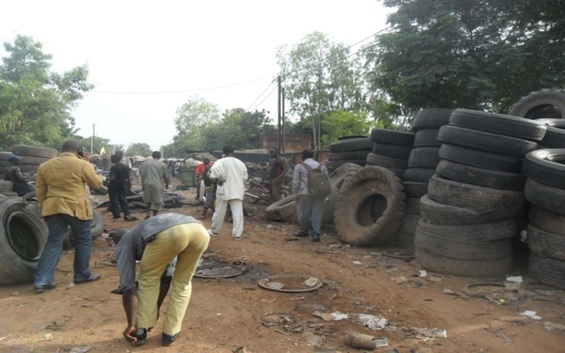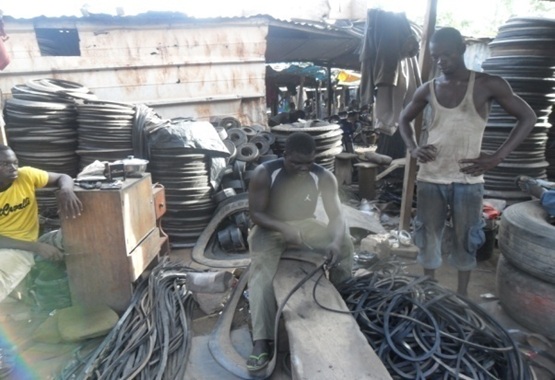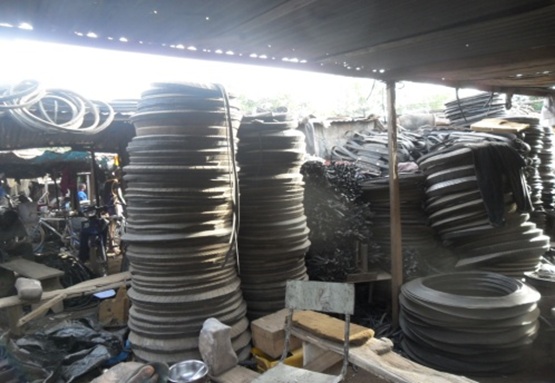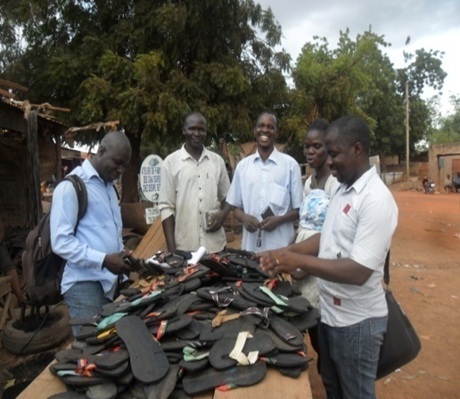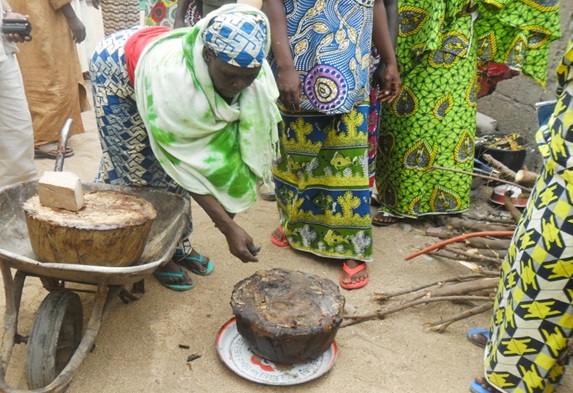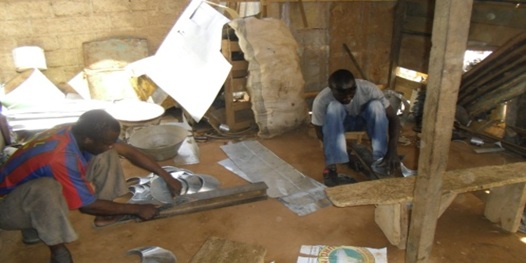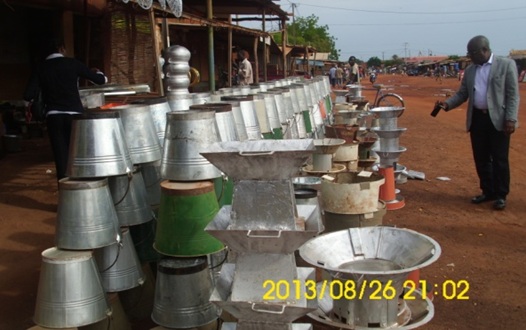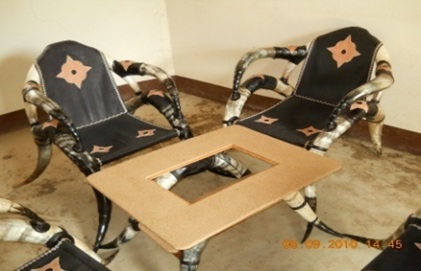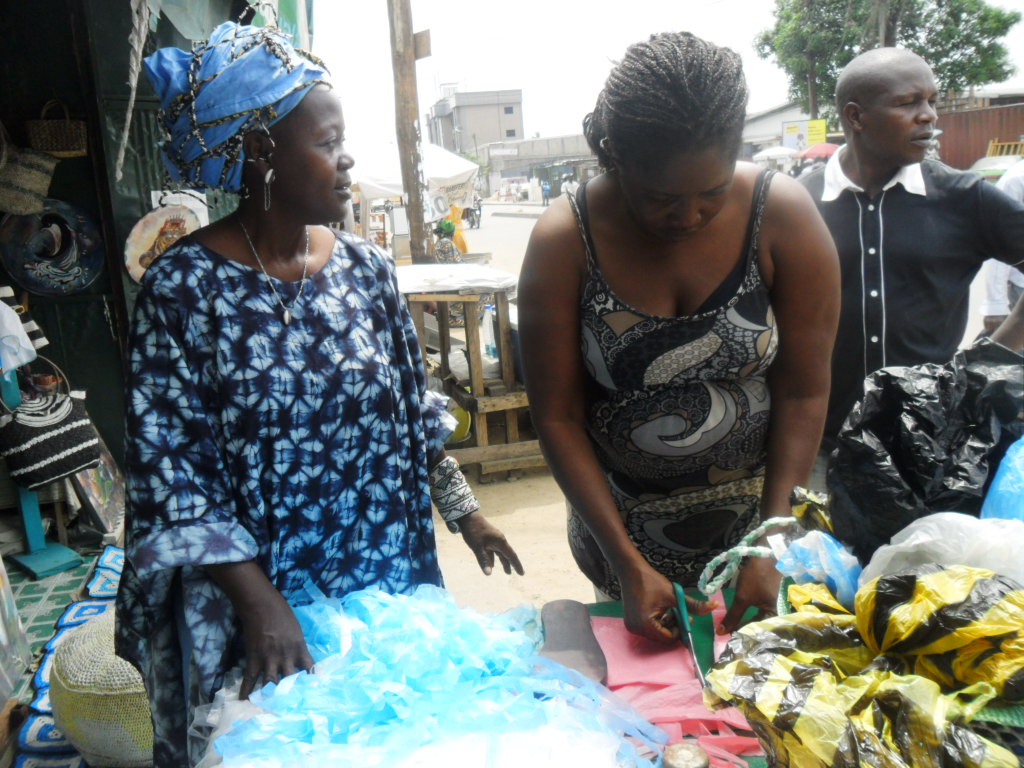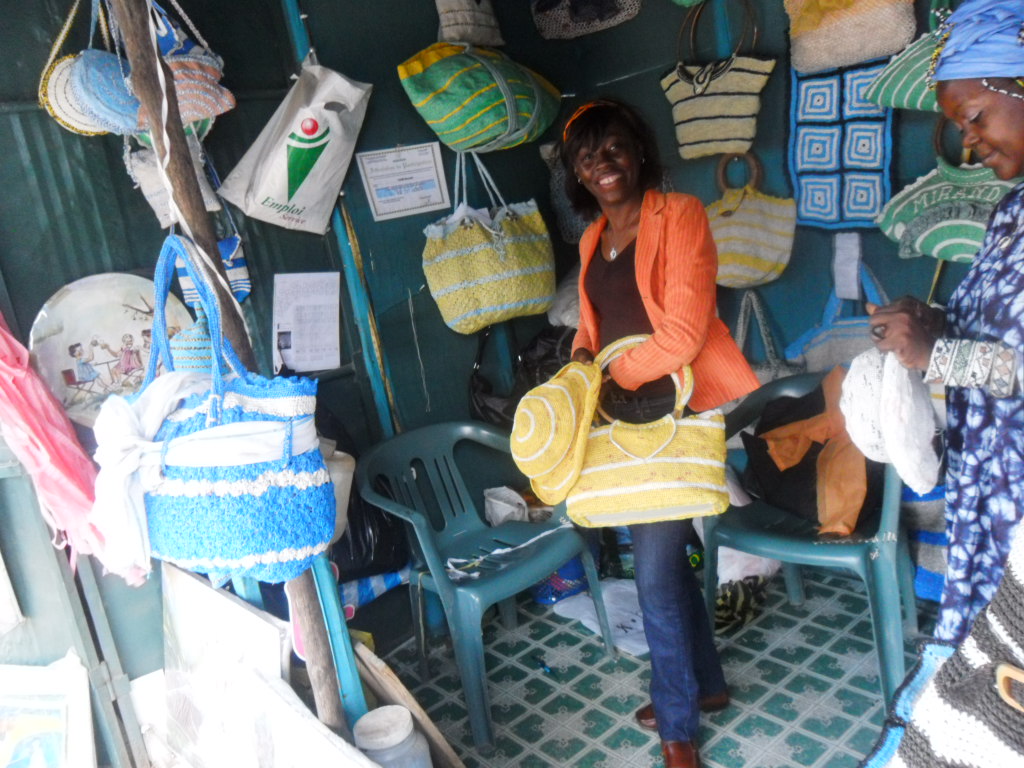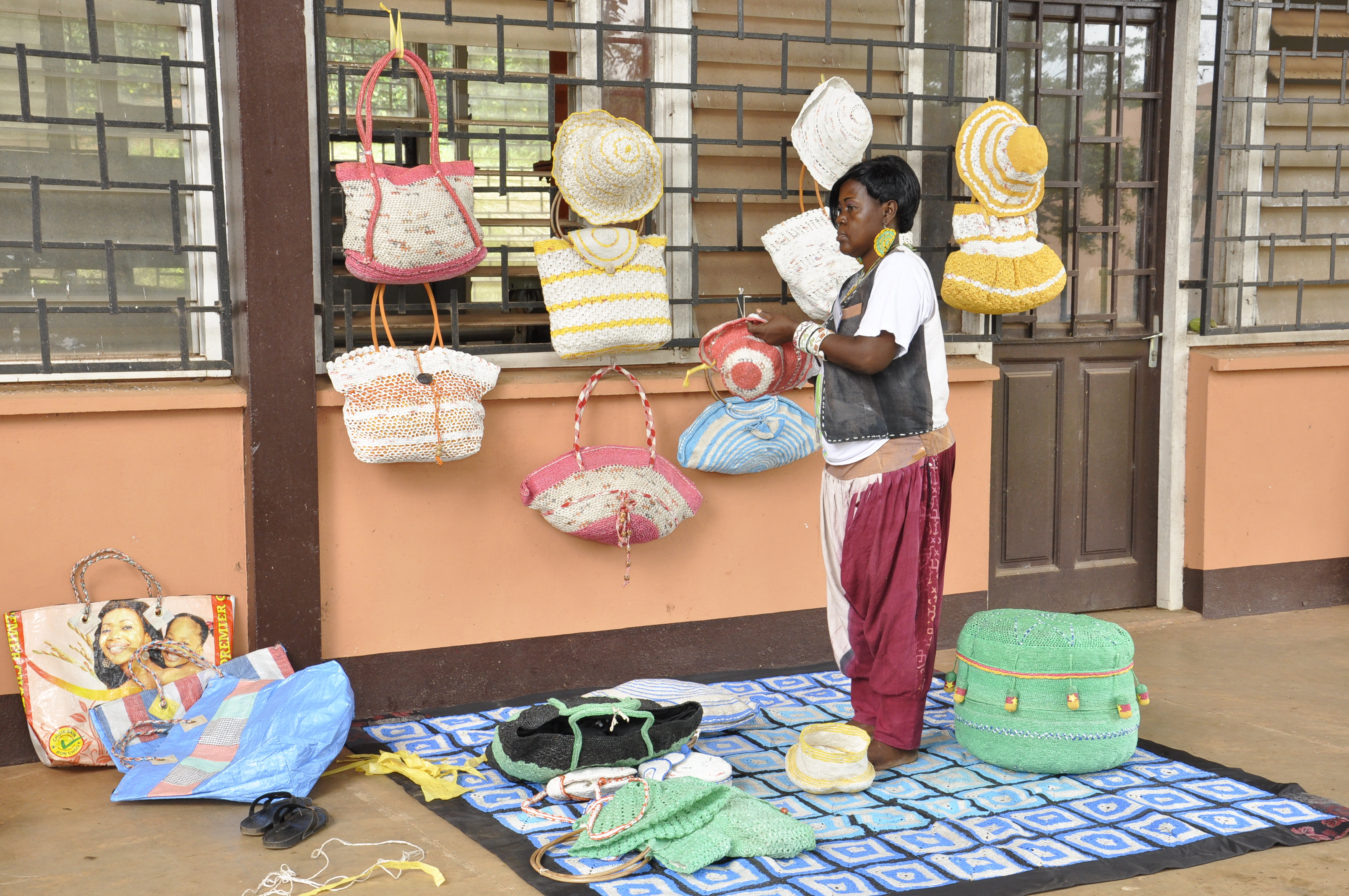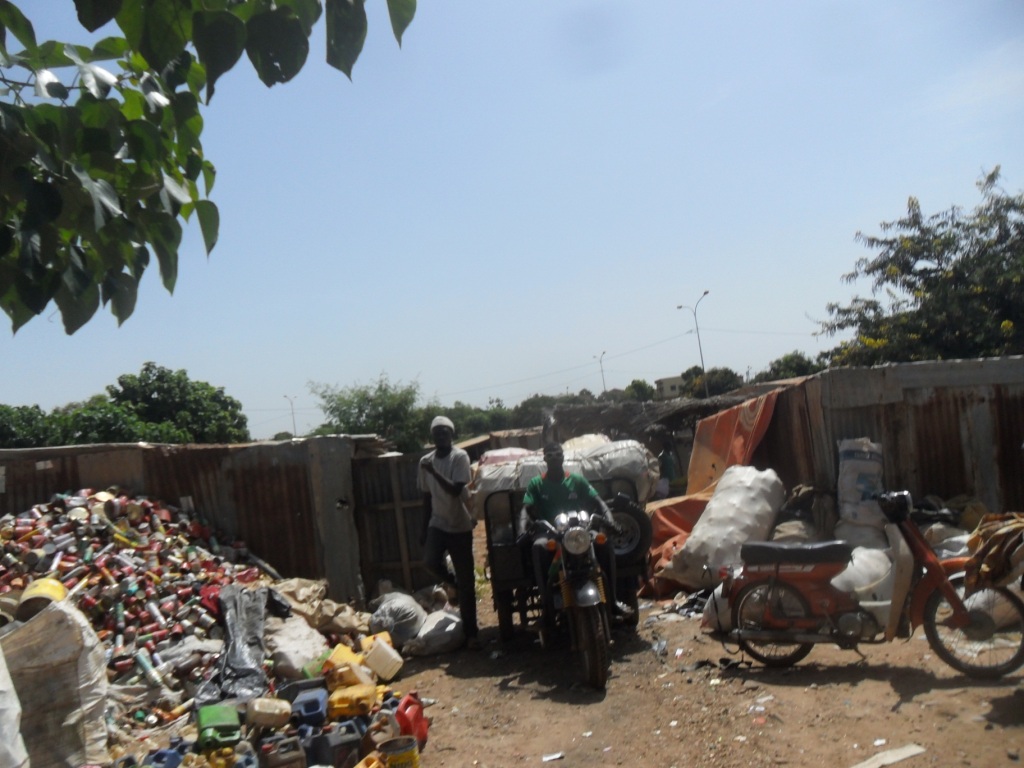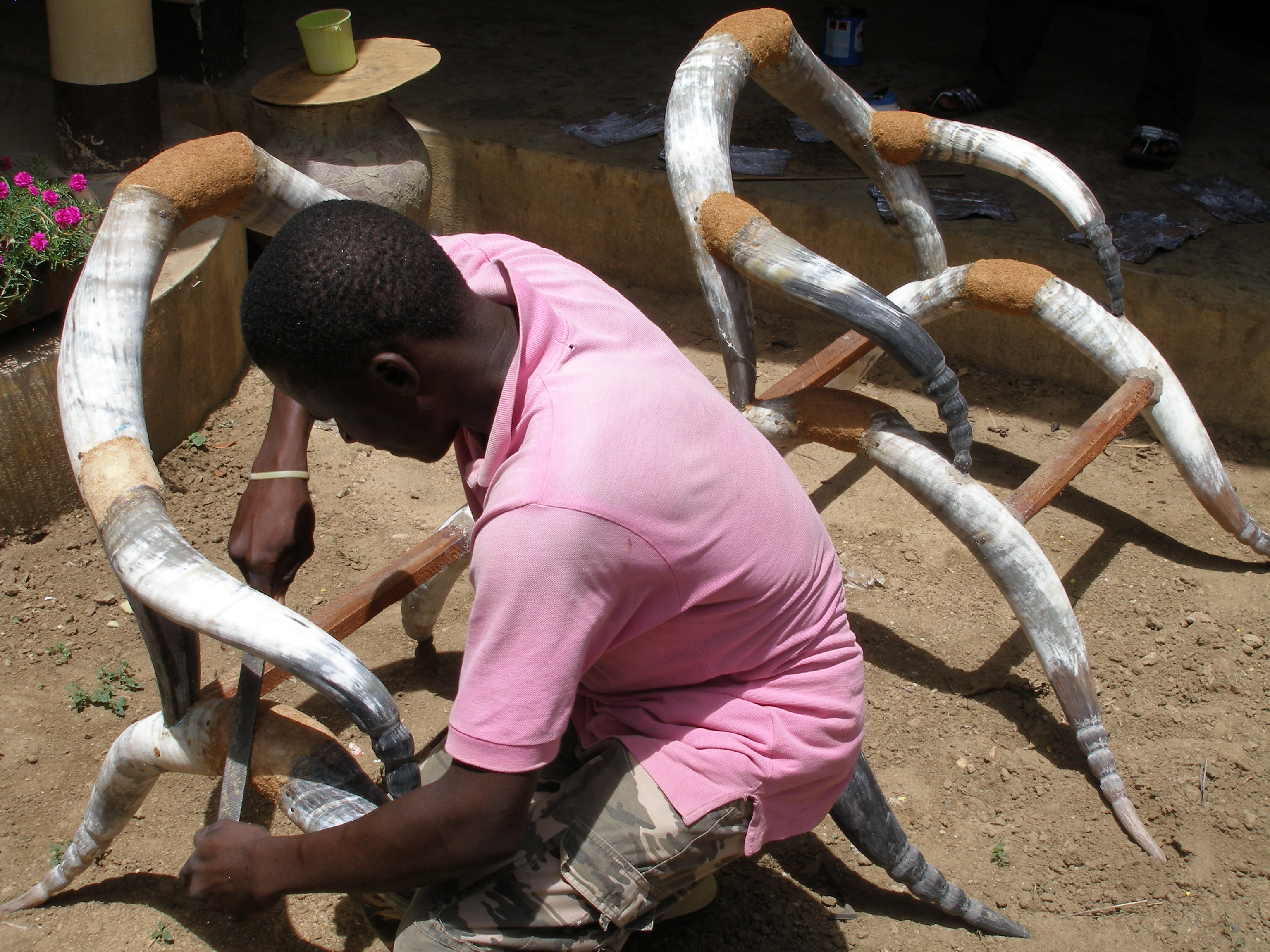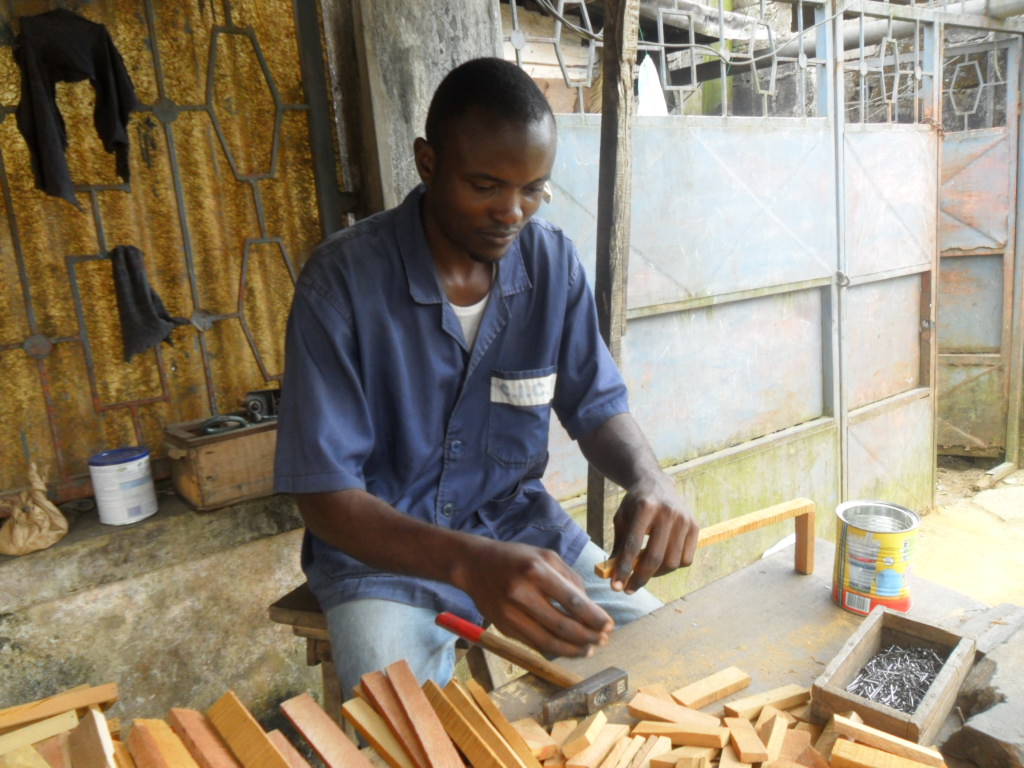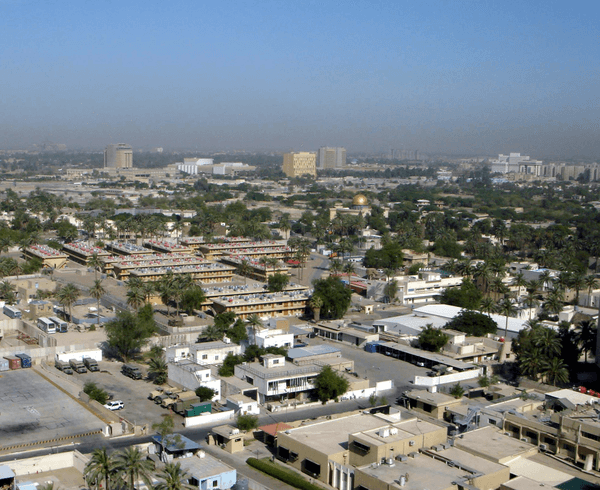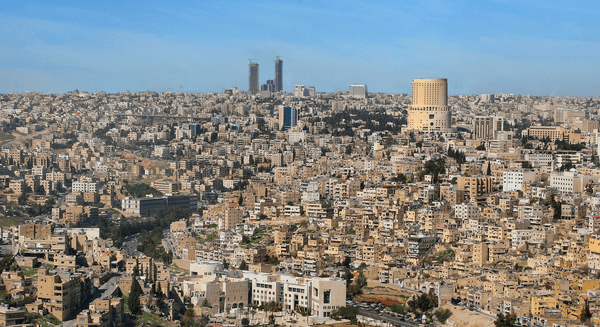The project began with a context analysis based on personal meetings with recycler artisans. It enabled finding their number, location in the city, and activities. This investigation lead to a typology of recycling categories, a map of recycling sites, as well as a better economic and sociologic understanding of recycler artisans. The preparatory phase was conducted hand in hand with artisans, in order to better identify their needs in terms of technical support and professional expertise. Local university students took charge of conducting the study. By expressing their day-to-day difficulties, the programme made artisans aware of the challenges they face in their activity and how they could improve it. At the same time, surveyors gave them the opportunity to join the programme by giving them contact information, so that this context analysis also permitted programme appropriation by artisans themselves. To better reach target groups, this first action was completed through the organization of information meetings and the location of information points where most people belonging to the target group live in the city.
The organization of professional training was then the core of the programme’s implementation. These training sessions were based on a dialogue between organisers and participants. Several sessions took place and the following topics (among others) were discussed:
- Better understanding of waste, waste management, and recycling activities,
- Possible innovative methods to recycling activities,
- Sanitary issues and potential dangers related to the activity.
- Labelling the sector, products, and the enhancement of African heritage through the promotion of artisanal recycling,
- Marketing and selling of products derived from recycling activities (including products labelled as fair trade)
The training lasted 600 hours, composed as follow:
- 200 hours theoretical training with case studies, some on-site lessons and others online. Lessons were largely illustrated so that participants could better figure out explanations.
- 200 hours of practical training
- 200 hours internship
The training linked theoretical input with professional aspects. Moreover, the programme’s learning process was conceived to make the progressive independence and empowerment of its participants possible. The training programme and organisation was planned to make a large number of artisans participate and to be a useful input in their professional activities. The training focused on the specific needs and difficulties artisans face in their activity (improving quality, reducing risks, rationalizing production process...). Overall it gave incentive as well as concrete information and tools to quit informality and make their activity legal. Artisan’s obtained a diploma from the university Cà Foscari of Venezia after the training, which assessed their abilities and competences.
The training was complemented by a communication initiative of different types to make the recycler artisans’ activity more visible in society and improve their image. These actions were led in order to give them a social status and make their activities overall recognised as useful and valuable. The principle communication mediums were TV, spots, printed flyers, organisation of meetings, and an exhibition of artisanal production.
In order to better identify activities which fall into the category of recycling artisan, a label has been created, which helps valuating their activity and creating a community of labelled workers who share same interests. The creation of local artisans committees participated to the further reinforcement of their community belonging feeling and their interaction with others artisans.
The programme was also conducted through an experimentation phase in the end to make sure that aptitudes gained during the training would eventually be put into practice. The focus was made on 65 artisans who expressed the wish to formalise their activity. They could receive financial support to buy supplementary machines or materials that they judged as necessary to further develop their activity. Local trade platforms were launched to give them better opportunities during the all production chain and facilitate their contact with other artisans. Part of the artisan’s production could be labelled fair trade, what allowed better quality recognition of their work and better working legal conditions. The creation of new medical units in their working areas made their access to health care easier.

